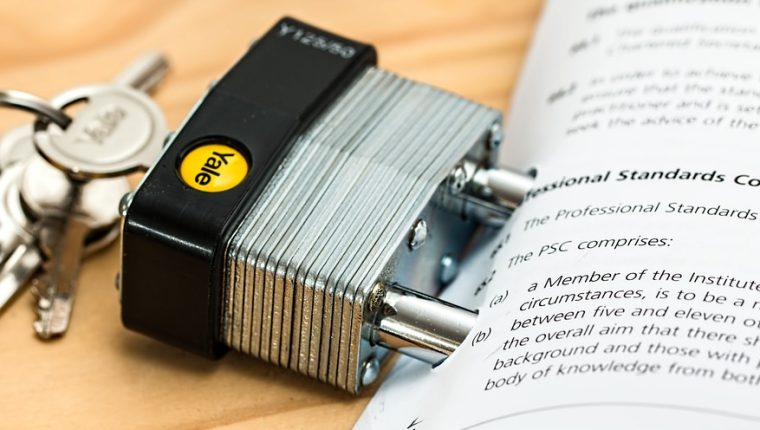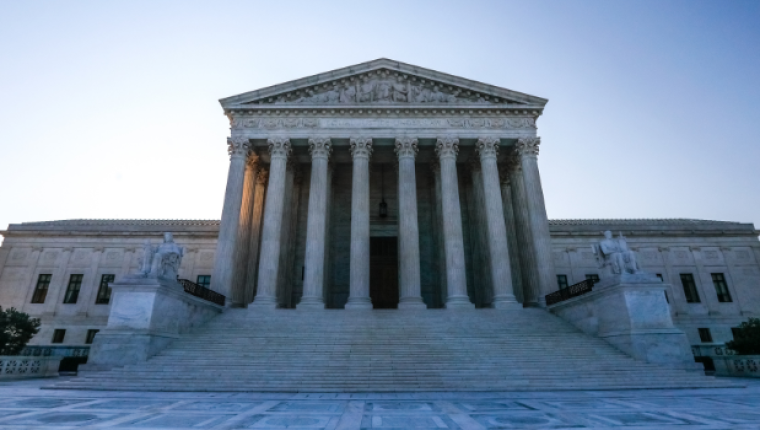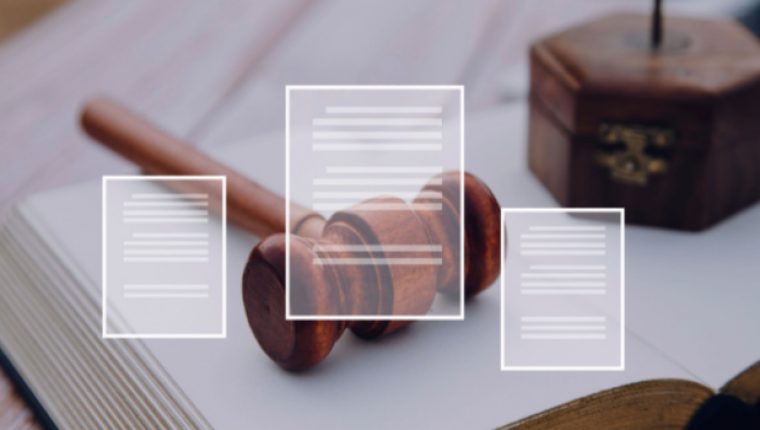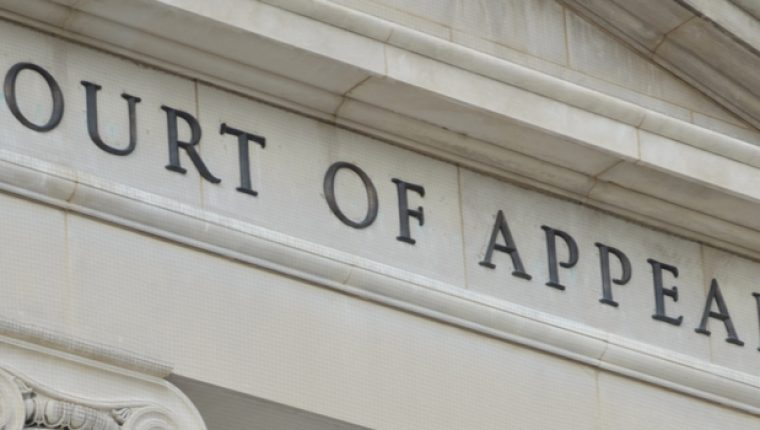What Type of Legal Error Might Lead to an Appeal?
Most appellate attorneys have encountered numerous instances where legal errors have significantly impacted the outcome of a trial. Understanding these errors and how they can lead to an appeal is crucial for anyone navigating the criminal justice system. Legal Errors: The Basics A legal error refers to a mistake made during the legal proceedings that
Learn More











